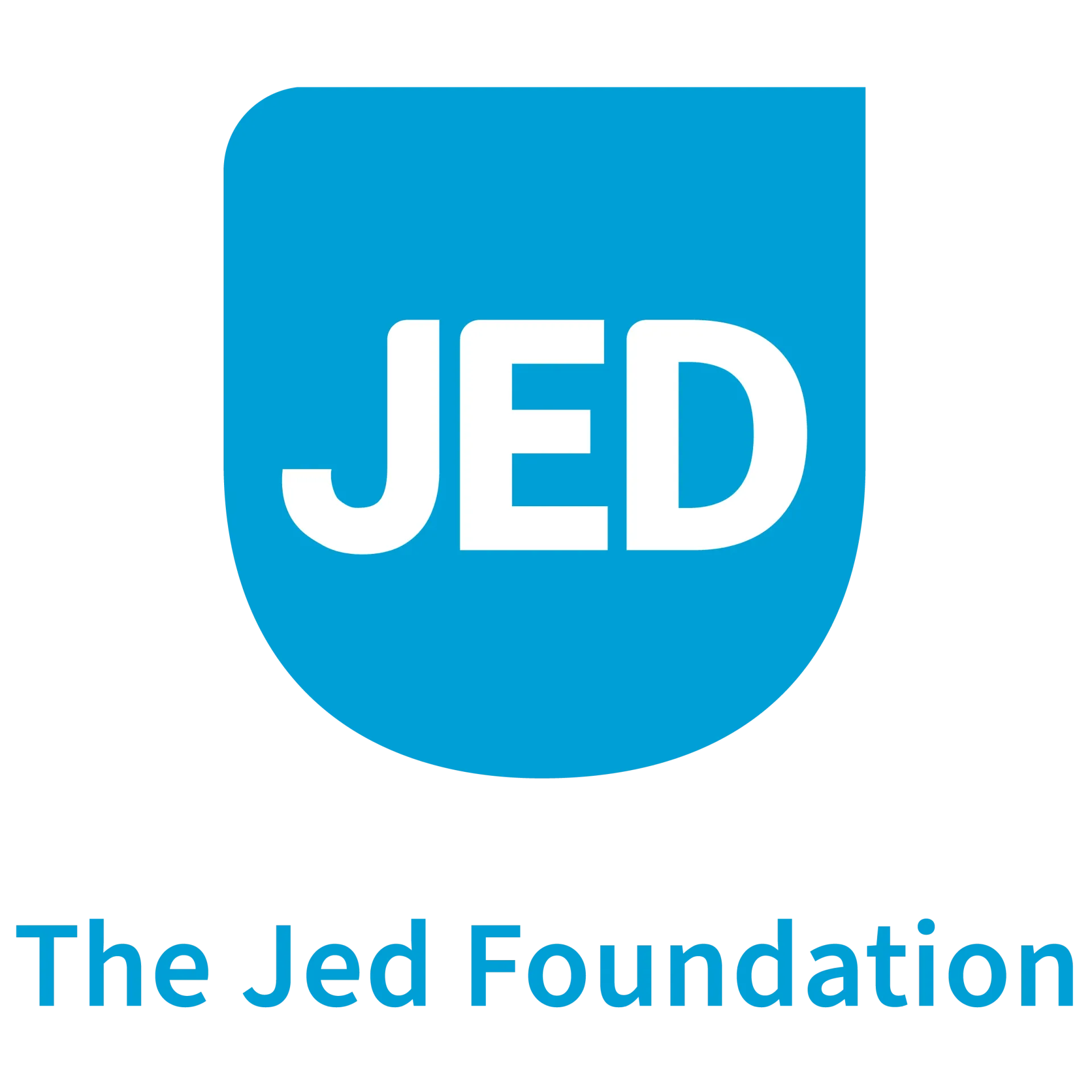Mental Health Weekly
Seeking to dramatically reduce the number of children with mental illness and lessen the severity of its impact on youth, a relatively new foundation has awarded multimillion grants to three organizations that officials say “create systemic change in the youth and mental health arena.”
The Goodness Web Foundation on July 26 announced $5.3 million in grants to be awarded to three inaugural recipients who offer mental health-related initiatives for youth. In these initial grants, the foundation will deploy $1.6 million in 2022, and eventually will allocate the total $5.3 million over four years to fund efforts that can create transformative change in mental health for youth, officials stated.
The foundation is a Section 501(c)(3) nonprofit organization co-founded in 2019 by the Jan Swartz and Mark Verdi families. Its mission is to connect a diverse community of result-oriented donors and partners who pool their resources and expertise to accelerate the most promising mental health initiatives to improve lives.
Officials say the foundation redefines the traditional philanthropy approach by uniting donors with organizations tackling the youth mental health crisis.
A statement on its website reads: “The Goodness Web connects a diverse community of result-oriented donors and partners who pool their resources and expertise to accelerate the most promising mental health initiatives to improve the lives of youth and those who care for them.”
Ambitious agenda
“We have an ambitious agenda to redefine corporate philanthropy and support the health crises, starting with youth,” Mark Verdi, co-founder and president of The Goodness Web Foundation, told MHW. “We started with the fundamental belief that there are solutions out there.”
Verdi added, “One out of six children and youth ages 6-17 experience mental health disorders each year. Youth are suffering in large numbers and unfortunately suffering for longer periods of time.” Another motive for their philanthropy is the need to bridge the 11-year gap between onset of mental health symptoms and treatment, he said.
Last year the foundation set out and met its $5 million fundraising goal. “We exceeded that in the fourth quarter,” said Verdi. This year, the foundation set a similar monetary goal. At MHW press time, the Goodness Web Foundation had reached between 63% and 65% of its annual fundraising goal.
“The grants will help nonprofits that are doing great work in the mental health space,” said Verdi. “Our goal is to create a pool of significant capital [and] advocate for mental health-related nonprofits.”
Inaugural grantees
The three inaugural recipients of the grants are:
- The Jed Foundation ( JED). JED protects emotional health and prevents suicide for the nation’s teens and young adults. With The Goodness Web’s $1.5 million, three-year grant, JED will expand to partner with more high schools, colleges and universities to help them assess and enhance their campus approaches and infrastructure to best support student mental health.
- Think:Kids and the Meadows Mental Health Policy Institute (MMHPI) partnership. Enabled by The Goodness Web’s $2 million, four-year grant, MMHPI will allow for teams of providers to deliver Think:Kids’ Collaborative Problem Solving, an evidence-based approach to working with children with behavior challenges, through already-established networks of primary care practitioners, leveraging MMHPI’s robust Texas-wide reach and impact.
- The Path Forward. This group leverages large employers to drive insurance companies to cover integrated treatment of mental health in primary care settings. The Goodness Web’s $1.8 million, three-year grant will help build a national infrastructure to increase access to care.
According to The Goodness Web, the grants are made possible by the generosity and commitment of more than 70 initial donors, or “founding families,” who are dedicated to improving the mental health of young people. These founding families are the initial members of what The Goodness Web hopes will grow into a large community of “great leaders with big hearts who wish to make bold bets” together.
“Today, mental health support is highly fragmented and largely ineffective,” said Swartz. “TGW [The Good-ness Web] looks to encourage next-level collaboration among mental health donors and nonprofits so that we can have a larger, faster impact in helping our youth. We believe better support for youth mental health is one of the greatest needs of our age.”
The foundation found that the mental health landscape is “widely fragmented,” said Verdi, adding that currently there are 10,000 mental health nonprofit organizations in this country. “What’s remarkable is that they are all doing important work,” Verdi said. “Many are incredibly small.” The foundation wants to be a catalyst, an accelerant to the great work being done, he said.
“We wanted to create an organization that can be [an] energizing force, [and] create scale in resources, in both capital and people,” said Verdi. Each of the three inaugural grantees selected stood out to the organization as an opportunity for them to make a very significant impact, he noted.






